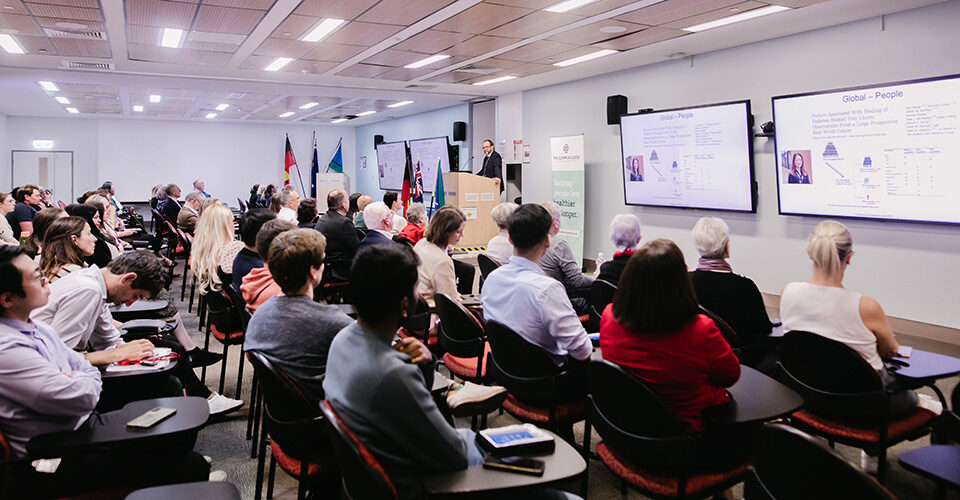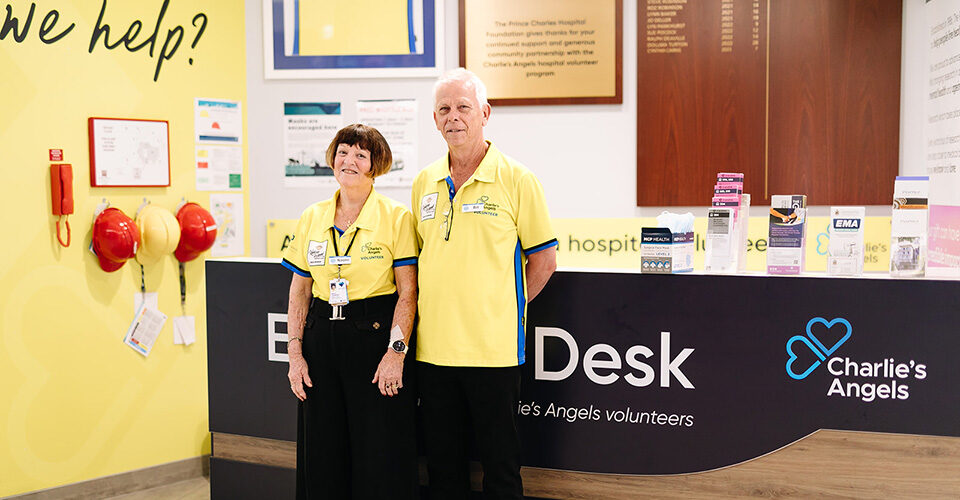Although Extracorporeal Membrane Oxygenation (or ECMO) is a vital strategy to assist critically-ill patients survive, by providing the circulation of oxygen through the body, and is becoming an increasingly popular treatment across the globe, there are some severe complications that can arise with its use.
It has been found that during current ECMO treatments, as the patients’ blood is circulated outside of the body through the ECMO device and then pumped back into the body, the blood exposure to foreign materials and force of the blood moving through the blood vessels results in significant damage to blood cells and plasma proteins. This has also been shown to activate coagulatory (thickening of the blood) and inflammatory systems.
These complications can lead to a major reaction in the body and poor patient outcomes and a low survival rate. It is also seen that these harmful outcomes are again compounded by the current limitations in effective anti-coagulation therapies used ECMO.
The limitations of this life-saving therapy can lead to decreased confidence for its use – although it may still be the patient’s only hope. But, there is hope in some promising, yet limited, evidence indicating that nitric oxide may be an effective strategy for improved patient outcomes during and post-ECMO.
Professor John Fraser and his team are taking the challenge to investigate the potential benefits of introducing nitric oxide therapies to ECMO patients. They will be observing the abilities of nitric oxide across various markers such as its ability to: regulate blood cell and vessel geometry/activity, decreases platelet activation, regulate coagulation and its anti-oxidant properties helping to minimise inflammation.
The results of this study could change and enhance treatments for ECMO patients, greatly improve the success of ECMO and increase confidence in its use. Helping to save the lives of our most critically ill worldwide, with reduced risks.
Support The Common Good here.









